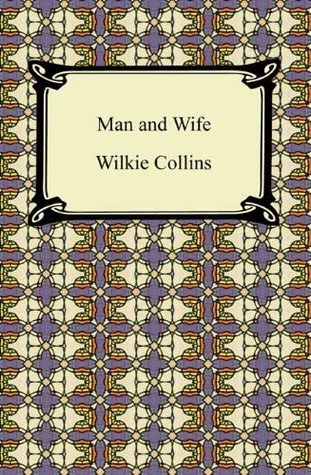What do you think?
Rate this book


William Wilkie Collins (1824-1889) is best known as the innovator of the English detective novel, whose sensational novels, plays, and short stories were hugely popular in the Victorian era. Today, readers enjoy Collins' intricate and suspenseful plots, and his penetrating social commentary on the plight of women and domestic issues of the time. Unfortunately Collins suffered from rheumatic gout, for which he took the opiate laudanum, and which eventually led to paranoid delusions and the deterioration of his health. "Man and Wife" is an involved novel of two generations of marriages that end in disaster. However, the novel is much more than the story of a helpless Victorian bride at the mercy of her tyrannical husband. Instead, "Man and Wife" explores the complex laws surrounding Irish and Scottish marriages in the 19th century. At that time, people in Scotland were considered married if they simply announced it. Collins's interest in the law, especially marriage and divorce, led to this novel with endless legal loopholes concerning what constitutes a marriage and what doesn't.
349 pages, Kindle Edition
First published January 1, 1870